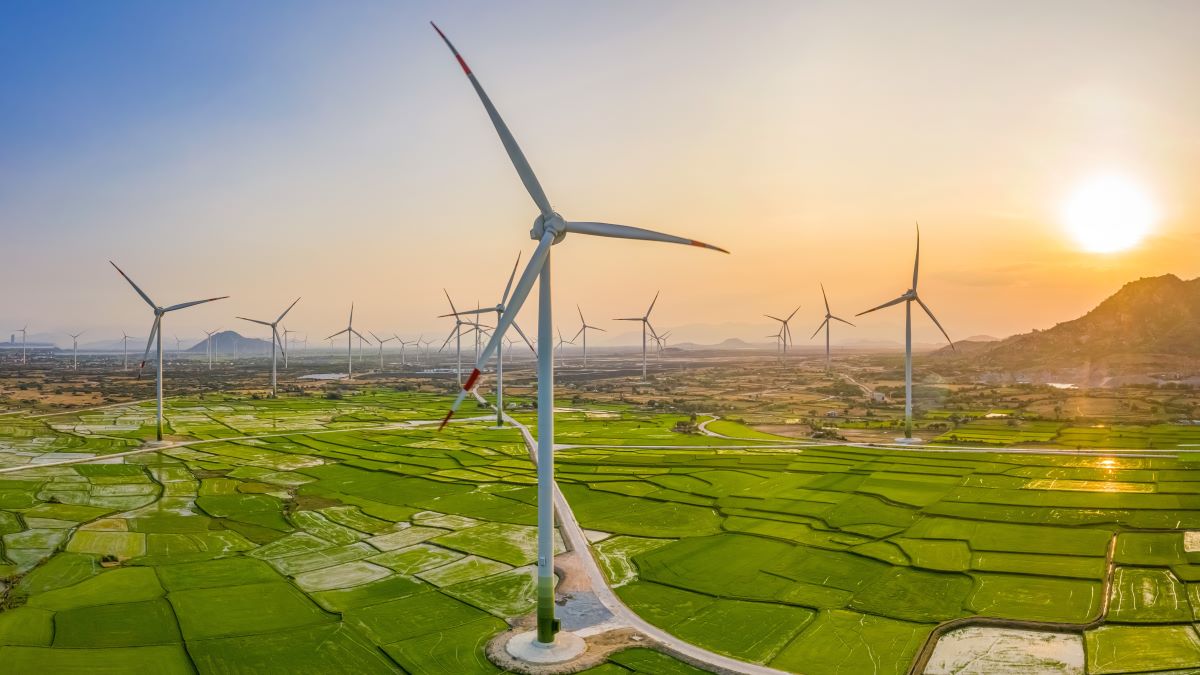The need for sustainable finance and investment in developing countries to achieve the Sustainable Development Goals (SDGs) is enormous. But three barriers are standing in the way of progress:
- Greenwashing concerns
- Insufficient funds reaching developing countries
- Weak investment in SDG sectors in the poorest countries
To mitigate these three issues, we need to:
- Improve sustainability reporting to promote informed investment decisions
- Align all actors in financial markets towards sustainability
- Attract the largest institutional investors in developed and developing countries to invest in concrete SDG assets and projects
Developing countries are under pressure to fully implement international sustainability reporting requirements. Nevertheless, there is a risk that additional complexities and new requirements lead to challenges for countries with weak accounting and reporting infrastructure.
Objectives and expected outcomes
This project will support two countries in Asia and two countries in Latin America to build the sustainability reporting capacity of stakeholders in the public and private sectors. It will support these countries to strengthen their sustainability reporting infrastructure to be able to implement international requirements and will promote through regional partnerships the exchange of lessons learned and best practices of sustainability reporting.
Moreover, this project will enhance the capacity of institutional investors on sustainability integration to help them better align their investments with sustainable outcomes and contribute to the achievement of the SDGs. Through regional activities, the project will extend support over 67 countries.
UN Trade and Development (UNCTAD) will collaborate with the UN Environment Programme (UNEP), the UN Economic and Social Commission for Asia (ESCAP), the UN Economic Commission for Latin America and the Caribbean (ECLAC), UN Resident Coordinator Offices and UN Global Compact national representatives to implement the project’s activities.
This work is expected to contribute to strengthening the capacity of two target countries in Asia and two in Latin America to reinforce their sustainability reporting infrastructure. In turn, this should help the countries to promote sustainable finance and enterprise sustainability and attract investment geared towards the SDGs. In the longer term, the support provided is expected to lead to national reforms that may include stronger regulations and enhanced capacities of national institutions and/or human resources to produce high-quality sustainability reports.
SDG targets supported by the projects
The project is linked to the following SDG targets:
- 10.b. Encourage official development assistance and financial flows, including foreign direct investment, to States where the need is greatest, in particular least developed countries, African countries, small island developing States and landlocked developing countries, in accordance with their national plans and programmes.
- 12.6 Encourage companies, especially large and transnational companies, to adopt sustainable practices and to integrate sustainability information into their reporting cycle.
- 17.17 Encourage and promote effective public, public-private and civil society partnerships, building on the experience and resourcing strategies of partnerships.
Monitoring and evaluation
The project team will regularly monitor progress, including by gathering qualitative and quantitative data from all activities implemented and for the indicators of achievement. For this purpose, UN Trade and Development will use different data sources, including feedback surveys from participants and interviews with key counterparts.
This documentation will be kept and used as a basis for preparing the intermediate and final reports. The project team will prepare annual progress reports for submission to UN Trade and Development’s Technical Cooperation Section and the Capacity Development Programme Management Office of the UN Department of Economic and Social Affairs (CDPMO/DESA). Data will be collected against the indicators of achievement after each activity is implemented, using the means of verification identified in the results framework. The findings will be reported in the annual progress reports and the project’s final report.
UN Trade and Development will ensure inclusive participation of women and men throughout the project. The feedback surveys will contain information disaggregated by gender.
At the end of the project’s implementation, a final report will be produced. It will include a self-assessment and an overview of the project’s implementation, as well as information about the indicators of achievement.
In accordance with the UN Development Account evaluation framework and project evaluation guidelines, a terminal evaluation to be conducted by an external evaluator will be required for half of the 16th tranche projects. In case this project is selected for evaluation, a detailed evaluation plan will be developed. The qualitative and quantitative data, including those in relation to the indicators of achievement collected by the UN Trade and Development project team throughout the project’s implementation, will be used for evaluation purpose.

